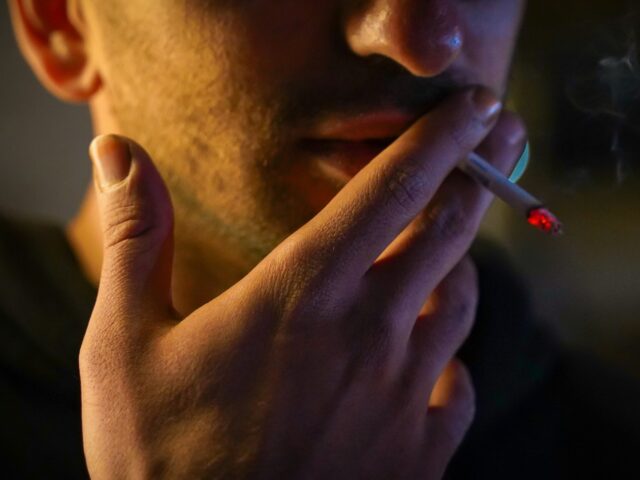In a recent working paper, researchers from the University of Cambridge examined if religious people had better mental health during the UK lockdowns. The team used data on both religiosity and mental health from the Understanding Society dataset.
The research showed that people who are religious tended to handle the lockdowns better. This was true for Christians, Muslims, and Hindus alike, although there were some differences among different types of Christians. Specifically, those belonging to Protestant churches other than the Church of England seemed to have a harder time coping.
Additionally, when places of worship were closed, Muslims and Catholics, who typically attend religious services weekly, were affected more. This suggests that access to places of worship is important during tough times like lockdowns. Overall, the findings suggest that religion plays a significant role in how people deal with difficult situations like the pandemic.
The results showed the average levels of unhappiness or depression across four waves of the Understanding Society dataset, with Wave 11 representing the lockdown period. What’s particularly intriguing is that individuals who perceive religion to have ‘some or a great difference’ in their lives experienced only about half the increase in unhappiness compared to those for whom religion makes little or no difference. This suggests that the intensity of religiosity matters, not just the fact of being religious.
In other words, the depth of one’s religious beliefs appears to play a significant role in mitigating unhappiness or depression during challenging times like lockdowns. This finding highlights the nuanced nature of the relationship between religiosity and mental wellbeing, emphasising the importance of considering the strength of religious convictions in understanding its impact on individuals’ emotional states.
The research clearly shows that religious people coped significantly better during the UK lockdowns. Given the economic costs of mental health, and its current impact on the UK labour market, these findings are significant.
Covid 19Health and wellbeing



